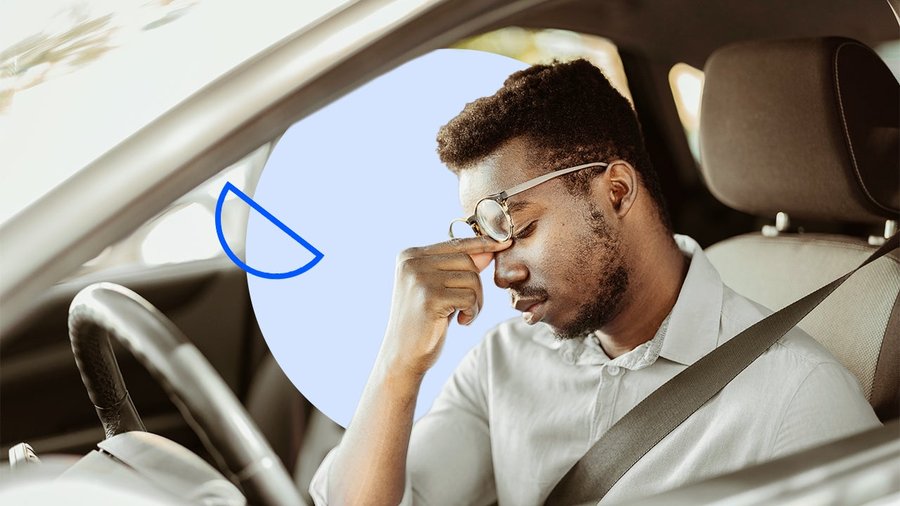Drowsy Driving: Erie Insurance Warns of Deadly Rise in Fatigued Drivers

Erie Insurance's recent survey reveals a disturbing trend: 14% of Americans admit to falling asleep behind the wheel, a figure that has steadily increased since 2020. This alarming statistic highlights the escalating danger of drowsy driving, a problem exacerbated by widespread sleep deprivation among the U.S. population.
The survey, conducted by Falls & Co. in February 2025, polled 1,000 licensed drivers nationwide. It found that over half (54%) of respondents sleep less than the CDC's recommended seven hours per night, with 11% getting four hours or less. The majority (43%) reported sleeping five to six hours nightly. This insufficient rest leads to impaired thinking, decreased alertness, and increased drowsiness, significantly impacting driving ability.
The most dangerous driving times, according to the survey, are late night and early morning. Forty-two percent of respondents felt most tired between 10 p.m. and 3 a.m., while 23% reported peak drowsiness between 3 a.m. and 10 a.m. This aligns with the disruption of the body's circadian rhythm caused by driving during darkness, when the body naturally seeks rest.
The problem is further compounded by the fact that for 25% of Americans, driving is a core job responsibility. This includes a range of professions, from delivery drivers and taxi drivers to long-haul truckers, all of whom face the constant challenge of staying alert despite potential sleep deprivation.
When drowsiness strikes, drivers resort to various methods to stay awake, including caffeine (63%), turning up the music (62%), and opening windows (58%). While a rest break is taken by 59%, other attempts to stay alert, like using a cell phone, can create additional dangers, especially for women, who are more likely to talk on their phones while driving (32%) compared to men (23%).
Contributing factors to sleep deprivation are numerous, including personal/family stress (52%), anxiety (42%), excessive social media use (24%), and parental duties (14%). The average American spends over five hours daily on their phone, with the blue light emitted from screens further disrupting sleep patterns.
Erie Insurance emphasizes the importance of prioritizing sleep. They recommend strategies such as meditation, regular exercise, a balanced diet, and reducing screen time before bed to promote better sleep hygiene. By addressing sleep deprivation and recognizing the dangers of drowsy driving, communities can significantly improve road safety.









